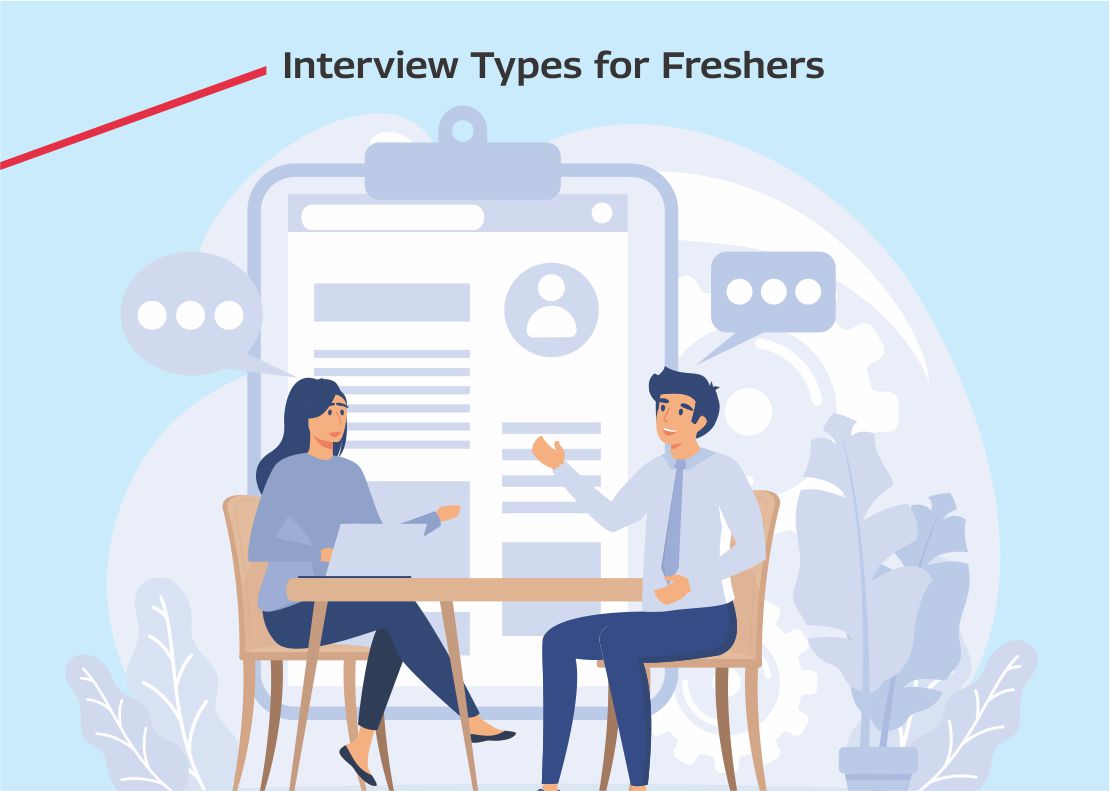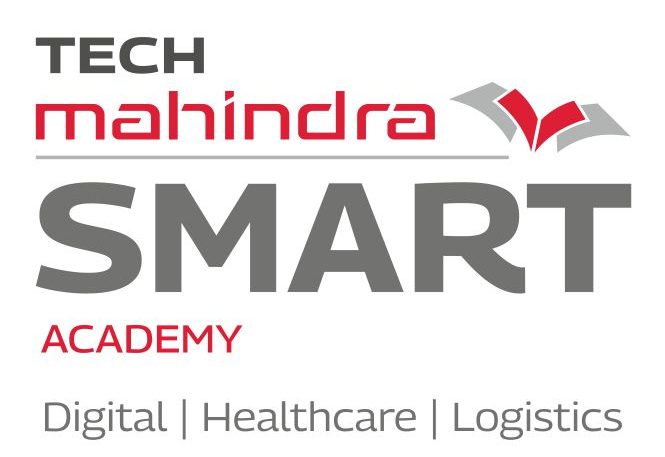
Types of Interviews
Every organisation has its own way of conducting interviews, depending upon the job profile that they are looking for.
Interviews can be classified into six types and the type of interview chosen by the organisation may vary depending upon the count of candidates attending the interview, time period and other organisational factors. Some employers also choose a combination of two or more interview types based on the candidature.

1. Formal Interview
2. Informal Interview
3. Panel Interview
4. Group Interview
5. Stress Interview
6. Behaviour Interview
We will be diving into the details below:
1. Formal Interview:
Formal interview is generally organised in a systematic way, and is also termed as structural interview. On and off-campus interviews conducted to recruit freshers directly from the educational institutions are mostly formal interviews.
Many IT/ITES companies have a fixed style for conducting the interviews such as multiple rounds, written tests, grading, and other screening procedures.
Speaking in general formal interview starts with a written test followed by a group discussion, and is closed with a technical round followed by HR round. Details of the mentioned rounds of interviews are explained in the second and third levels. The number of rounds and scale of selection may vary based on the company standards. As these interviews are not flexible it is recommended that the interviewee takes a close look at the the process adopted by the company for recruitment before the interview.
2. Informal Interview:
Informal interviews are typically unstructured, focusing on the candidate’s everyday job roles, responsibilities, individual abilities, training capability, and work experience if any. These interviews aim to evaluate a fresher’s ability to adapt and perform in the specific job position.
3. Panel Interview:
Panel interviews are conducted when the prerequisites for the position are relatively low. In this format, a group of recruiters or hiring managers comes together to interview candidates, often used when hiring for roles with multitasking responsibilities, especially for fresher positions.
For the position of Reporting Manager, which involves acting as a bridge between clients and developers, reporting task completion, milestones, and client feedback to higher-ups, a panel interview involving the technical head, project manager, and HR representatives is recommended. This panel will assess candidates based on both technical knowledge and sound administration principles.
4. Group Interview:
Group interviews are conducted with a set of shortlisted freshers who have already been selected through third-party recruitment channels. Production and administration organizations often outsource their recruitment through online platforms, with job responsibilities shared with these third parties. Candidates are selected from various sources such as campus recruitment, online portals, walk-in drives, internship programs, and placement parks. Essential shortlisted candidates are then handed over to the specific organizations, reducing time and costs associated with the selection process and aiding in finding the right fit from a pool of freshers.
Shortlisted candidates are called to the workplace location and interviewed. In such interviews, the number of rounds is limited, and the process is more interactive and resembles group work. Strategies for managing group interviews are clearly explained in the second and third levels of the selection process.
5. Stress Interview:
A stress interview, also known as a psychometric interview, is conducted to hire freshers for specific job profiles where they are expected to handle high levels of stress in the workplace. While it may resemble an informal interview, the focus of the interviewer is on assessing the candidate’s response to pressure, indifference, rejection, and stress.
Positions such as Project Manager, Stock Manager, Salesperson, and Client Relationship Officer involve a variety of job responsibilities that can vary depending on the needs of the work. During stress interviews, unconventional questions may be asked, and unsolvable case studies may be presented to evaluate the candidate’s patience, critical thinking, and psychometric abilities.
It is advisable for candidates to remain calm and composed during stressful interviews, as interviewers are looking for candidates who can stay calm, cool, and collected under pressure. Controlling one’s stress levels and demonstrating resilience can leave a positive impression on the interviewer.
6. Behaviour Interview:
A behavioural interview is conducted to assess the candidate’s performance level in real-time scenarios. These interviews are typically conducted for profiles related to coding, debugging, testing, sales forecasting, and client-driven issues. Candidates are presented with real-time projects or case studies and are asked to provide multiple solutions.
It is advisable for candidates to analyse the potential expectations of the recruiter and the job profile. Some organisations offer internship programs for freshers to evaluate their ability to handle real-time issues, and based on their performance, candidates may be directly hired for the job.
The type of interview chosen by the recruiter depends entirely on the job profile and the candidate’s qualifications. Understanding the specific profile expected for a particular job can be achieved through a combination of factors such as the credibility of the job and a thorough analysis of the job description.
In the following blogs, we will talk about the other job’s credibility.

